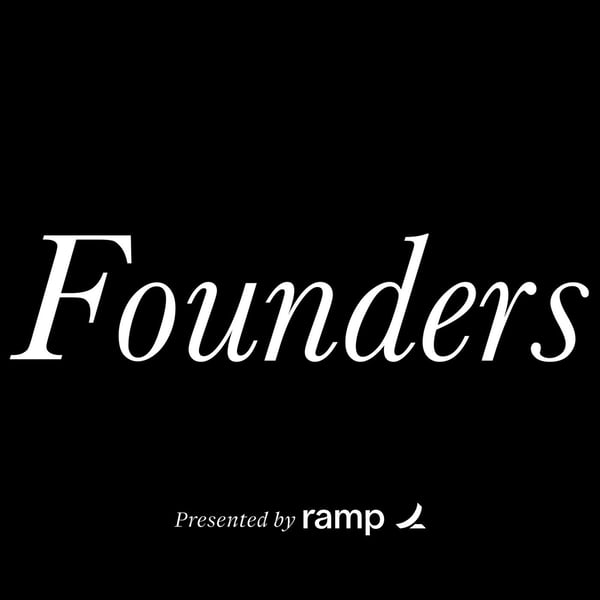#386 Akio Morita: Founder of Sony
Founders
David Senra
4.8 • 1.5K Ratings
🗓️ 22 April 2025
⏱️ 72 minutes
🧾️ Download transcript
Summary
Transcript
Click on a timestamp to play from that location
| 0:00.0 | Akeo is a great example of this maxim that all of history's greatest founders studied history's greatest founders. |
| 0:05.2 | Phil Knight, the founder of Nike, studied Akeo, as did James Dyson, as did Steve Jobs, and Jeff Bezos. |
| 0:11.0 | And a few months ago, I was spending time with John Mackey, who was the founder of Whole Foods. |
| 0:14.8 | John also relentlessly studies the great founders that came before him. |
| 0:18.9 | And it was during one of our conversations that John |
| 0:21.0 | told me one of the craziest things that anyone has ever said about the podcast. He had listened to over |
| 0:26.4 | 100 episodes before we met and he told me that if founders existed when he was young, that Whole Foods |
| 0:31.6 | would still be an independent company. That since the podcast and all of history's great founders |
| 0:35.9 | constantly emphasized the importance |
| 0:37.6 | of controlling expenses, that he would have actually put |
| 0:39.9 | more of a priority on it, especially during good times, |
| 0:43.1 | during boom times. |
| 0:43.8 | I think it's very natural for a company and for human nature |
| 0:46.6 | to just not watch your costs as closely |
| 0:49.1 | because everything is going so well. |
| 0:50.7 | This is actually something that Andrew Carnegie noticed |
| 0:53.1 | over 130 years ago. |
| 0:55.3 | Carnegie would repeat this mantra over and over again. He said profits and prices are cyclical, |
| 0:59.8 | subject to any number of transient forces of the marketplace. Costs, however, could be strictly |
| 1:04.8 | controlled and any savings achieved in costs were permanent. This is something I was talking about |
| 1:10.0 | with my friend Eric, who's the co-founder and CEO of Ramp. Ramp is the presenting sponsor of this podcast. I've gotten to |
| 1:16.2 | know all the co-founders of Ramp and I spent a ton of time with them. They all listen to the |
... |
Transcript will be available on the free plan in 26 days. Upgrade to see the full transcript now.
Disclaimer: The podcast and artwork embedded on this page are from David Senra, and are the property of its owner and not affiliated with or endorsed by Tapesearch.
Generated transcripts are the property of David Senra and are distributed freely under the Fair Use doctrine. Transcripts generated by Tapesearch are not guaranteed to be accurate.
Copyright © Tapesearch 2025.

